Remember the Derecho of July 2012? That was the windstorm that downed trees and power lines and left much of the mid-Atlantic region in the dark. At the time, I found myself woefully unprepared.
When the lights went out, I managed to dig up a puny flashlight from the car and a chocolate-scented candle. I don’t know why I had a chocolate-scented candle. Thankfully, our power returned by 10 the next morning, but the experience made me reexamine my level of readiness, or lack thereof.
In addition to flashlights, a NOAA weather radio, and other supplies, I realized I also needed to know what to actually do in an emergency. It’s one thing to have lots of emergency gadgets; it’s quite another to have the skills you might need when the grid goes down. It’s especially beneficial to have neighbors who can help one another when disaster strikes.
Enter Community Emergency Response Team (CERT) training, which in Baltimore is offered by the Office of Emergency Management.
In 1985, the Los Angeles Fire Department developed the first CERT training to provide a better response after earthquakes. They recognized that in the early stages of a disaster, organized responses were often delayed, leaving citizens to fend for themselves. By covering preparedness, basic disaster survival, and rescue skills, their training program improved the ability of residents to safely help themselves, their families, and their neighbors until assistance arrives.
In 1993, CERT training was standardized by the Federal Emergency Management Agency (FEMA) for all hazards. CERT now exists nationwide, and individuals who take the class are better prepared to respond to and cope with disasters. CERT teams can supplement the official response to a disaster by providing immediate assistance to victims in their communities.
Baltimore City’s CERT training is held at the Public Safety Training Academy, 3500 W. Northern Parkway, and led by a team of volunteers from a variety of backgrounds who have completed the CERT Train-the-Trainer program. Participants receive both classroom lectures and practical training.
The training takes an entire weekend, starting Friday evening and continuing all day Saturday and Sunday. From personal experience, I recommend packing your lunch.
Along with classmates from across Baltimore, I completed my training this summer on the first weekend in July. My CERT certificate feels like an insurance policy against a disaster, and I can say with confidence that I sleep a little easier at night.
Two more CERT trainings will be held this year, on the weekends of October 13 and December 8. To sign up for a class, send a registration email to CERT@baltimorecity.gov before the signup deadlines (10/6 and 12/1 respectively). Preference is usually given to those who live or work in Baltimore City.
Several of us in Bolton Hill are working to establish a neighborhood CERT team. If you’re interested, email me at davidmbowes@gmail.com.
For more information on Emergency Preparedness, visit the Baltimore Office of Emergency Management CERT website, the FEMA CERT site and the Department of Homeland Security site.

